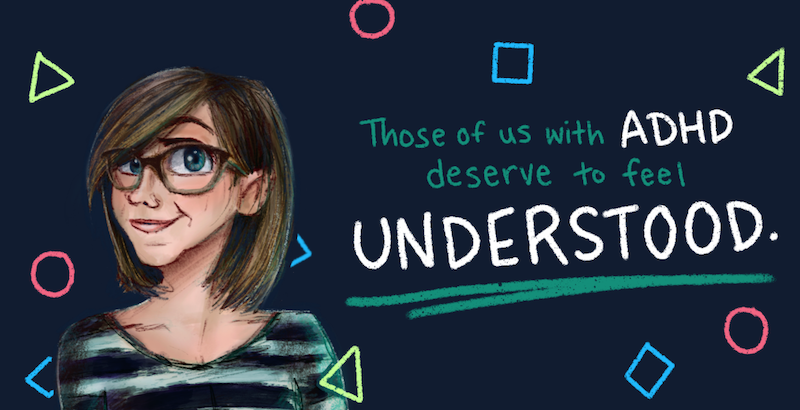This is the easy bit. I'll reflect on a thing while people board the bus and the bus leaves. I'll still be there at the bus stop reflecting on things when the bus comes back the other way an hour later. If I look up around then I'll fret that I am on the wrong side of the road and am about to miss my bus.
Does that make any sense?
FutureLearn are running a course on moitvation. I ought to do it. The introductory blurb says it all:
Motivation involved value, expectancy and delay.
Value > how important your goal to me?
Expectancy > how likely am I to achieve this? Tick stuff off in small steps.
Delay > The longer it takes to achieve one of these small goals the harder it is to remain motivated.
So there we have it.
Looking at the detail there are other core reasons for there being problems:
I have come to the course late.
I want to be on the Postgrad Course on Learning Design with Illinois University.
The 'mentor' role has been thrown out of the window due to Covid-19 closures and lockdowns: my mentor was off ill with susptect Covid, the department went into a two week lockdown and then all schools and colleges closed anyway.
Meanwhile my brain is all a flutter over an idea that came to me in a dream:
What if my brain were tapped by a group studying with me - that my brain patterns could be transposed to them instanteously as a means to enhance the communication of my ideas. I reason that this would be worse, not better - that it would be lost in translation, that if the neural connections in my brain can be imagined as a shildting handprint in which each finger touches a different part of the brain, this same pattern will be a misfit even meaningless to another's brain that is wired and has changed in exceedingly different ways. We are not androids. Whatever impressions we may give on the surface (gender, age, ethnicity) we are not born and raised the same and the raw materials each person is given differs in any case.
I tried to explain this concept as a proposal for doctoral study.
Meanwhile I reflect on the dangers of being curious in the 21st century
An over indulged brain is also an easily distracted one. Any thought I have I can follow up with a search. Anything and everything thrown at me can be a stimulus to something different. I collect screenshots and record meetings as if I will some time have reason to go back over this stuff. I rarely will. I won't even label it.
I am now genuinely fearful that I cannot even keep tabs on what I do; that my actions and thoughts are so transitory to the point of being transparent - the only trace I have that I did a thing is online NOT in my brain where it never has a chance to lodge.
That or early onset Alzhiemers. Or ADHD at play.
Time to get back to ticking boxes.

